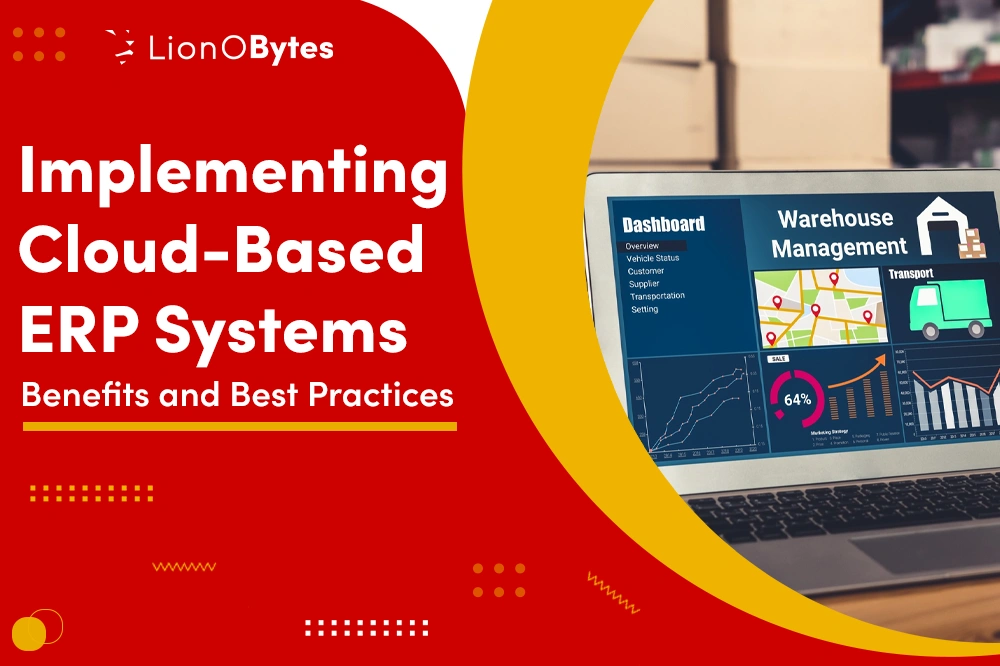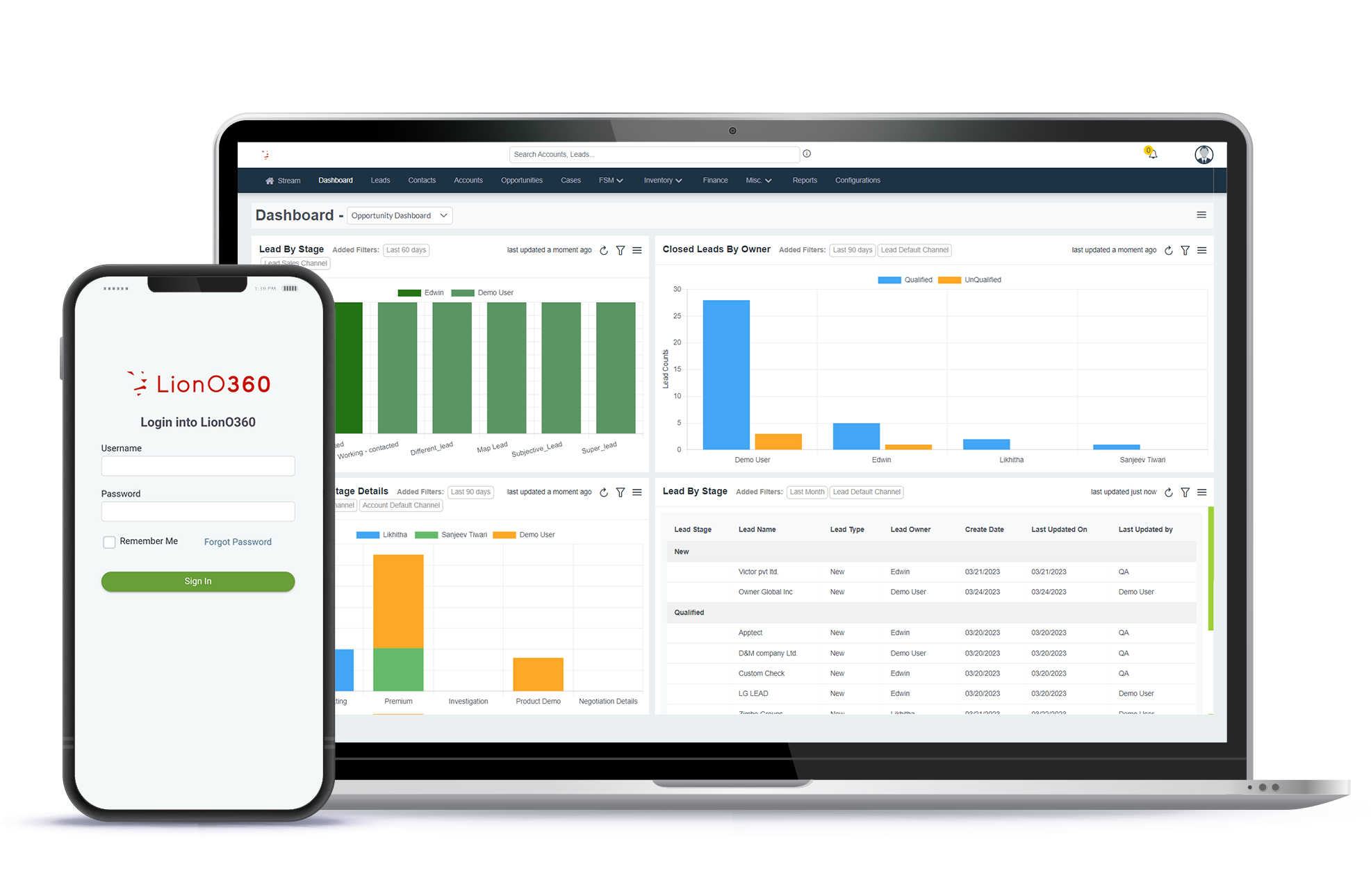
Implementing cloud-based ERP systems could be a major step in your organization. However, making up your mind can help you transform your business model. Before we move ahead, it’s important to know when there is a need for ERP (Enterprise Resource Planning) implementation in your organization.
So, just analyze and ask yourself:
- Are you tired of managing your business processes using spreadsheets or a volume of paper documents?
- Do you think merely accounting software is not enough to manage your continuously growing practices?
- Are you fed up with the on-premises ERP system which is difficult to use and maintain?
If you sound yes to any of the above-given statements, it’s time when you need to upgrade your system capabilities. And implementing cloud-based ERP systems can help you overcome challenges in your small-scale or startup business and increase your revenue outcomes.
According to Gartner, more than half of enterprise IT spending in the Key market segment will shift to the cloud by 2025.
In the era of cloud-computing wherein continuous adoption of SaaS-based solutions have been taking a lope, implementing cloud-based ERP systems for businesses could be a proven contribution to technological advancement.
As per Statista’s market research, worldwide end-user spending on SaaS solutions was recorded at USD 31.4 billion in 2015 and is anticipated to reach USD 232.3 billion by the year 2024.
According to other stats by Statista, the global ERP market is forecasted to grow to USD 100.7 billion by the year 2025.
When it comes to North America alone, the ERP market was valued at USD 17.39 billion in 2021 and is expected to reach USD 71.34 billion by 2030 at a CAGR of 6.2 percent during the mentioned period.
After getting the know-how of market trends and insights, let’s understand the potential benefits of ERP and the best ERP implementation practices.
Benefits of ERP Implementation
Implementing cloud-based ERP in your system can help you transform your overall business processes, enhance your efficiency level, and level up your profitability. So, let’s talk about the benefits of cloud-based ERP that you can enjoy after a successful implementation.
Data Centralization

With cloud-based ERP, you can centralize the information stored across your departments and can access the same from anywhere using any device at any time frame. It also helps in eliminating duplicate data as well as standardizing the data enabling you to acquire seamless reports or analytics.
When everyone in your organization works on using the same data accessible in real-time, it helps them to make informed decisions at the right time irrespective of your different business locations. For instance, your sales and marketing teams can work collaboratively to effectively perform lead management to opportunity management and close the deals faster.
Enhanced Operational Efficiency
Implementing cloud ERP equipped with seamless AI (Artificial Intelligence) functionalities in your system can help you boost your overall operational performance through automation across your core processes such as inventory, sales, purchase, accounting, and more. With the help of an ERP system, you can streamline your operational flow, optimize resources, and improve accuracy while saving time and resources.
For instance, cloud-based ERP helps you track your inventory counts with real-time efficiency, optimize your production planning and scheduling, and streamline your orders and invoices management. Eventually, all such factors help affect productivity, impact quality part, and improve the customer experience while cutting down the cost.
Real-Time Reporting

When you empower your workforce with cloud ERP from marketing to field services to sales and warehousing, you bring off collaborative success. Real-time reports and analytics provide insights into your day-to-day happenings, for instance, which project is taking your business forward or what strategy is holding you back.
You can track each process, monitor your employees’ performance, and align your goals accordingly. You can even plan and forecast sales as well as identify market trends and opportunities enabling you to increase efficiency, improve your revenue growth, and level up your scalability.
Reduced Upfront Infrastructure
Continuing with the legacy or on-premised systems, you may incur upfront costs in terms of initial setup, investing in servers, maintaining decentralized databases, and managing security and backups. When it comes to cloud ERP, your hosting, security, system upgrades, and more are taken care of by the ERP vendor you choose.
According to market research, cloud ERP costs less than 30% in comparison to on-premises ERP. As you do not need to manage anything on your own. Your cloud ERP partner takes care of hosting and managing parts on its servers. Thus, you can save the costs that you invest with on-premises ERP in terms of upfront infrastructure along with additional costs such as hiring IT staff, security & maintenance part, and ensuring the system updates & upgrades as your vendor takes responsibility for IT support.
Increased Productivity
When you replace your legacy system with cloud ERP, you open doors for productivity. Whether you are using simple accounting software or on-premises ERP, implementing cloud-based ERP software solution can help you automate your common or repetitive tasks, free up your workforce, and enable them to contribute their efforts to new projects.
With real-time data visibility, your employees do not need to roam across the organizations to gather a specific set of information pertaining to the specific process. Thus, Cloud ERP can help you increase your workforce productivity and bring off efficiency across your operational practices.
Best ERP Implementation Practices
A successful cloud ERP implementation requires adhering to best-in-class practices from defining requirements to providing system training and ensuring support. It is imperative that your upgraded system should meet your business objectives, minimize your costs, and bring effectiveness across your business processes.
So, let’s understand the best ERP implementation practices that you need to consider:
Define your requirements
Initially, you need to come up with clear requirements first that should be directly associated with your business. Depending on your business requirements, your needs may vary. For instance;
- You may require automating your repetitive processes to impact time and cost.
- You are willing to acquire real-time reporting and analytics capabilities for informed decision-making.
- You want to develop the ability to respond to your customers and improve their support part.
And so on...
Remember, the system upgrade which is perfectly working for your competitor may not work for you. So, all you need to do is come up with core requirements suited to your specific business processes.
While defining your requirement, it is crucial to consider improvement for each of your business areas or key business processes such as accounting, inventory management, customer relationship management, warehousing management, and more.
Here, it is essential to know and decide what exactly you want to achieve and improve through cloud ERP implementation in your existing Legacy system. However, choosing the right ERP implementation partner can also help you to define your requirements.
Collaboration & communication
To ensure success in your project, involve your stakeholders in the process from top management employees to mid-level to executive ones ensuring that your system is configured and upgraded addressing everyone’s needs in your organization.
Here, you need to understand that your ERP implementation may affect your vendors, supply chain partners, and customers for the time being. Thereby, you are required to inform them during the project as well as make them understand how changes can better impact the future.
Data migration & integration
Another one of the best practices during cloud ERP implementation is data migration and integration which requires adequate planning and preparation. If data migration is not performed carefully, your data may get corrupted, or you may lose your vital data especially when you choose to consolidate your data from a number of different applications.
So, make a wise choice, and go with a trustworthy ERP provider. Also, do not go in a hurry. Let your data get migrated in a gradual way instead of migrating your data in a single go. This will give sufficient time to your employees to understand the newly configured system and make the most out of it from the very first day.
Moreover, do not forget to validate your data once your data migration is successfully performed. This will ensure that your data is migrated accurately and correctly to the new system.
Security & compliance
Using LionO360 Cloud ERP means that your data storing and processing will happen on cloud databases and servers, thereby, your cloud ERP system needs to include sturdy security measures. So, make sure that you work closely with your ERP partner. This will help you understand which security protocols, compliance management, or data encryption methods they leverage.
Ask your ERP vendor to implement advanced security measures in terms of access controls, data backup, and security audits at regular intervals. This will help you protect your data and data processing on cloud servers.
Ongoing training & support
Implementing cloud ERP can bring a big change to your organization and your employees need to be flexible with the newly configured system. Facilitating ongoing training matching the specific user base and roles can help the users to accept the system and start getting the most out of the newly upgraded system.
Moreover, the go-live date could be exciting for everyone in your organization, but when your users start using the system, they are more likely to come up with issues that need technical support. Again, selecting the right EPR partner can help you with ongoing support as well as can ensure that your system is working perfectly when you make it live.
Time to Choose the Right ERP System
Choosing the right ERP system can help you transform your business. All you need to do is define your business requirements first and select the right cloud ERP implementation partner. The success of your ERP implementation depends on selecting the right ERP product and applying the right implementation practices throughout your implementation process.
At LionOBytes, we implement LionO360 cloud ERP by understanding your business domain, the system's shortcomings, and business objectives. Aligning your specific business requirements, we can personalize your ERP system to automate and streamline your end-to-end processes to drive efficiency and reduce cost.
Depending on your feature requirement, your ERP system can be designed to serve the purpose of your business at an affordable cost in the market. To know how the implementation of LionO360 cloud-based ERP can impact your business and what unique practices you need to adopt for your system upgrade, contact us. We are here serving the best in the industry.












